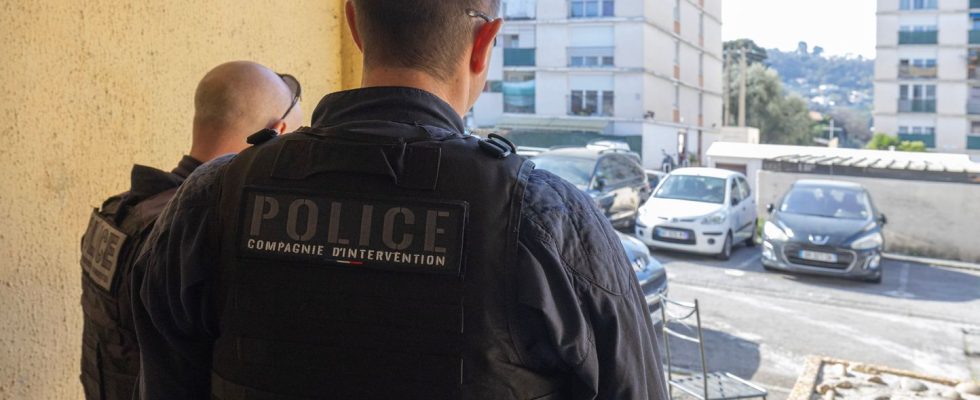“It’s communication. The results are not fantastic. » This police source, highly placed in the hierarchy, is very skeptical when she discusses 20 minutes the effectiveness of “XXL net square” operations, intended to eradicate drug trafficking which abounds in certain neighborhoods.
“There, what we are doing is working to reassure the population by trying to bring blue to the streets. They do these operations which will not have any effect most of the time. Nature abhors a vacuum, the points of sale will be taken over, the networks will be reconstituted next week or the one after,” continues this experienced investigator.
Suffice to say that his speech contrasts with the declarations of the Minister of the Interior who, through tweets and interviews, prides himself on the results of these “XXL” operations, launched a week ago. “They have led to 867 arrests so far and the seizure of numerous weapons and significant financial resources. We’re not giving up,” wrote Gérald Darmanin on X this Wednesday.
Many arrests, certainly, but no more than in normal times. According to figures from the Ministry of the Interior, 48,300 people implicated in drug trafficking cases were arrested in 2023. That is… 924 per week on average. Yes, but this time, those who were arrested are part of “the top of the spectrum, the top of the basket”, assured Monday evening, on the 8 p.m. news on France 2, the Minister of the Interior.
Operations launched “emergency”
The quantities of narcotics seized? They “are derisory”, whispers 20 minutes a specialist investigator. 2.5 kg of cannabis and heroin seized in the North, 22 kg of narcotics seized in Marseille… “The cocaine arrives by hundreds of kilos in containers in Le Havre or Antwerp. Big traffickers manage several that cross the Atlantic. The volumes are beyond belief. So, when we grab a few dozen or hundreds of kilos, it doesn’t bother them at all. »
Above all, according to our information, these “XXL net market” operations were launched, under the leadership of the minister, often in haste. The local services involved in the investigations were asked “urgently” to complete the cases on which they had been working for several months to prepare for this wave of arrests. “While in matters of narcotics, the more time we take, the more evidence we have against people, and the heavier the penalty,” continues this investigator, based in the south of France.
“The stuff is there, and it will be sold”
The risk of hastily arresting these targets “is that convictions do not follow due to lack of sufficient evidence,” confides a senior officer. And the latter adds: “The stuff is there, it will have to be sold. And it will be sold. There is demand. To dry up the market, we have to work upstream, on the really big traffic, and ensure that the scam doesn’t happen. It’s mathematical. But it speaks less to the general public, it is less communicative. But it is not with what we are doing there that we are going to eradicate trafficking”
A point of view shared by the French Association of Investigating Magistrates (AFMI). “The “clearance” operations which mobilize, on an ad hoc basis, considerable police resources on public roads cannot be sufficient to stem drug trafficking. These actions must necessarily be accompanied by in-depth, long-term investigations, protected from media campaigns,” she said in a press release.
The PJ tool turned upside down
Problem: Gérald Darmanin recently shook up the judicial police, whose approximately 5,000 agents work on important cases. In certain specialized services, such as Ofast branches, staff numbers have even been reduced.
The AFMI underlines in its press release that “the recent reform of the national police, which is currently being deployed, is not likely to respond to the legal challenges of the fight against high-end delinquency, that whether in terms of narco-banditry or economic and financial crime.”

